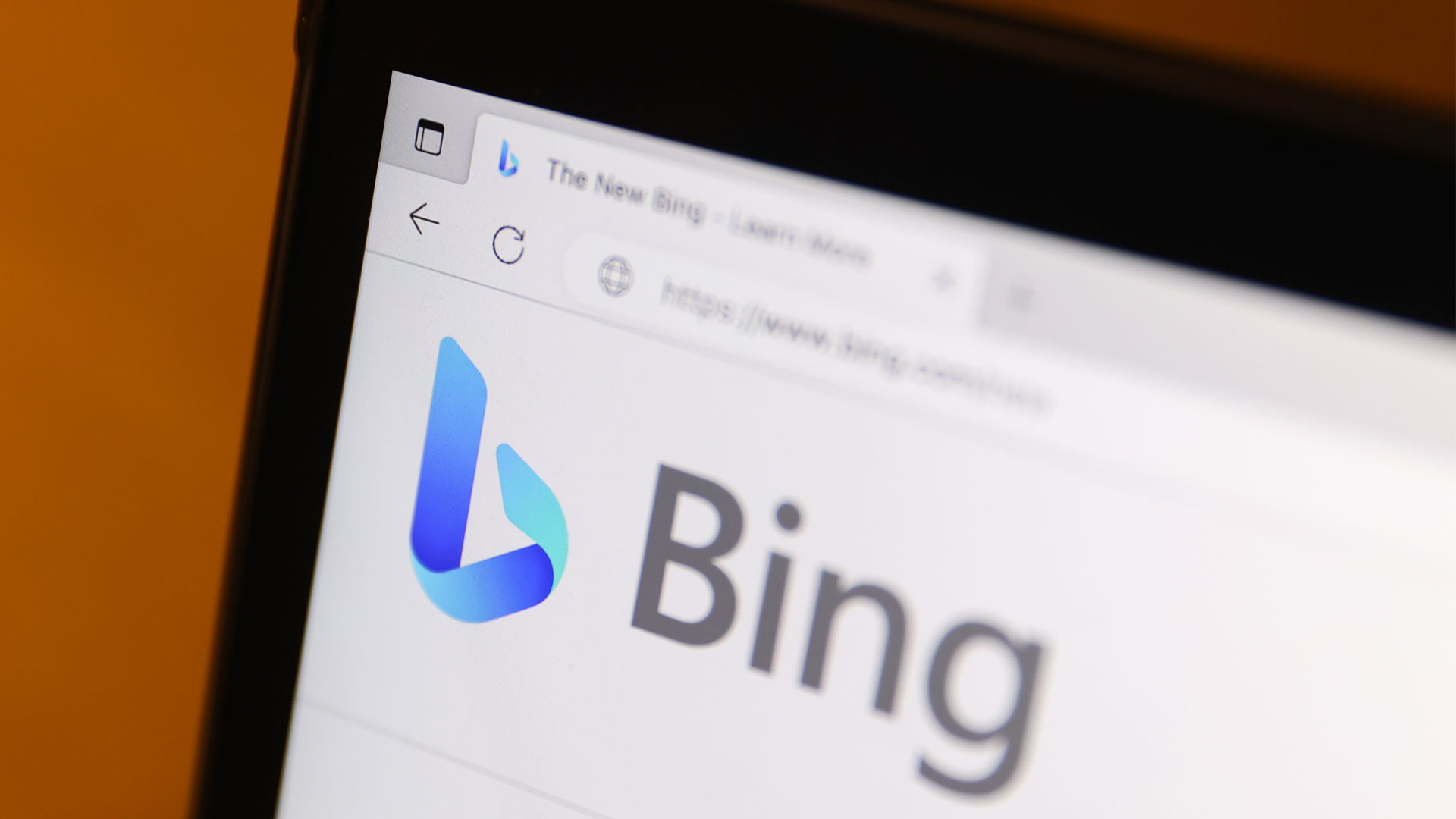Microsoft’s plan to win over Bard users to Bing AI could backfire
Google Bard visitors in Edge could soon be badgered to use the Bing chatbot instead

Sign up for breaking news, reviews, opinion, top tech deals, and more.
You are now subscribed
Your newsletter sign-up was successful
Microsoft is experimenting with further dubious tactics in an effort to persuade people to use its own products rather than Google’s, and its latest tricksy move is an attempt to poach users on the AI front.
By now, we’re certainly used to Microsoft badgering folks to use its Edge browser rather than Chrome (and to be fair, Google works it the other way, too), but this time around, the target is the Bard AI.
As Vitor de Lucca highlighted on Twitter, if you go to the Bard web page in Edge test builds – in the Dev channel in this case, but also Canary according to a Neowin report – you’ll see a banner pop up in the address bar urging you to try the Bing AI.
Now when you open Bard on Microsoft's Edge, it shows a button to compare the answers with Bing! Holy f... pic.twitter.com/xGpHc0ZtfnApril 27, 2023
Specifically, it says that you can compare the answers you get from Bard with the new Bing AI. If you click the banner, Edge will pop up the Bing chatbot in a split-screen tab, so you’ve got both Bing and Bard side-by-side in two panels, allowing you to directly compare how your queries are dealt with (assuming you’ve signed up to both bots, naturally).
Note that this diversionary tactic is still in testing right now, and the earliest test channels as mentioned, so it might be a concept abandoned by Microsoft before anyone running the release version of Edge sees it. We did pay a visit to Bard in the latest release build of Edge just to check, and nothing came up.
Analysis: An unfair Edge? At least not quite as unfair as usual…
While we do not approve of any of this kind of prodding and cajoling in any fashion, at least in this case, Microsoft is making an offer of a comparison.
You can see how both chatbots perform and compare directly, and that may not necessarily come off in Microsoft’s favor. Although presumably Microsoft is confident enough it will, or it wouldn’t have implemented the nudge to use the Bing AI in this manner.
Sign up for breaking news, reviews, opinion, top tech deals, and more.
(That in itself tells a story about the Bing versus Bard battle, which the former is winning thus far, with Google very much playing catch-up at this point, after a stumbling start – and diverting a lot of resources in the effort to get back into the race, if reports elsewhere are correct).
So, while this is not going to go down well with many folks who are fed up of Microsoft’s increasing intrusions into its browser and Windows, and who’ll regard this as essentially unwelcome targeted advertising, it is at least better than Microsoft’s usual ploy.
Which typically with Edge will consist of telling you that its browser is better, faster, and more secure compared to rivals like Chrome (and it makes the tea, and so on). At least this time, you are actually seeing a concrete comparison of the two chatbots abilities.
Still, Microsoft, if you really feel the need to do this, here’s a thought. Instead of hijacking the Bard page, how about putting an option on Bing to pull up the Bard page side-by-side and compare. Because you’re confident in Bing, right?
The whole Bing against Bard scenario may be a win for Microsoft right now, but if some of the other plans we’ve heard worrying whispers about for the ChatGPT-powered AI come to fruition, things could change rapidly. Namely chucking adverts into the mix, though it’s not as if Google won’t be considering that, naturally. Sadly it’s quite likely the question is probably not whether they can get away with it, but when, on both counts.
Darren is a freelancer writing news and features for TechRadar (and occasionally T3) across a broad range of computing topics including CPUs, GPUs, various other hardware, VPNs, antivirus and more. He has written about tech for the best part of three decades, and writes books in his spare time (his debut novel - 'I Know What You Did Last Supper' - was published by Hachette UK in 2013).